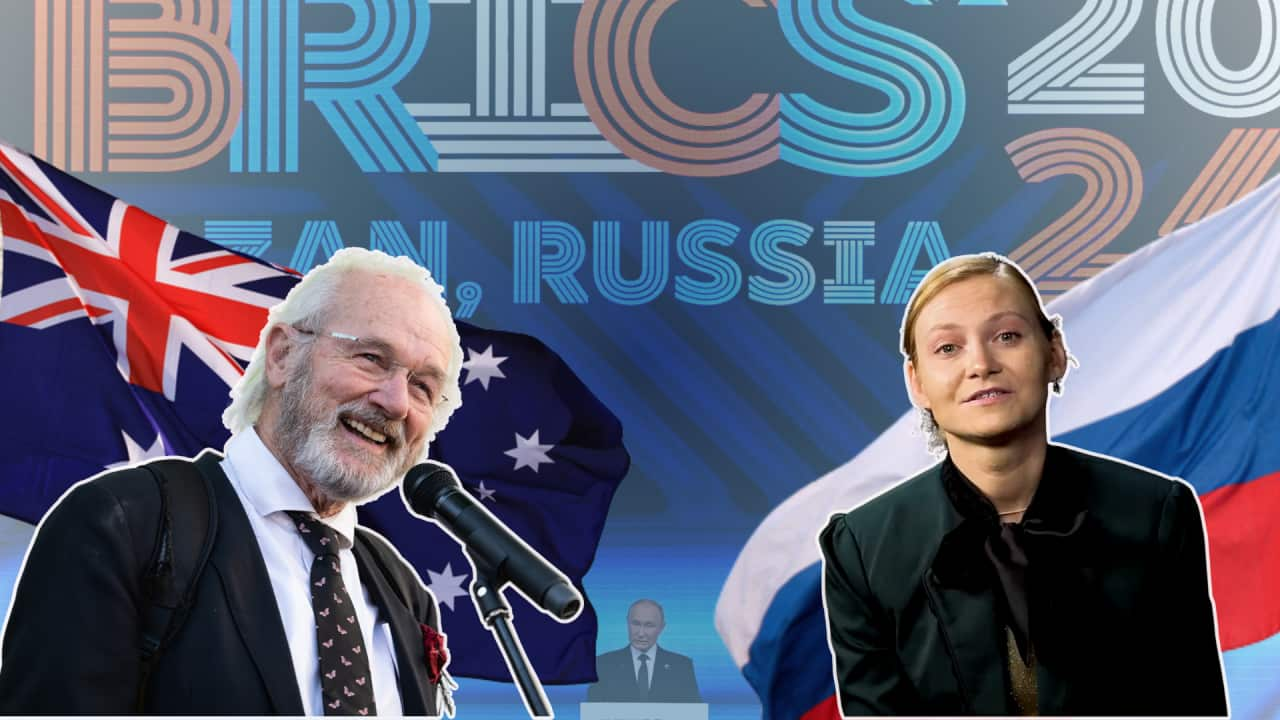In February, the Australian Parliament approved significant changes to the funding and disclosure scheme for elections. But they won’t come into effect until after the 2025 Federal Election.
The deal, sewn by Labor and the Coalition under protest by the Greens and independents,, but registered political parties can spend $90 million for general advertising.
The changes also include reducing the donation disclosure threshold to $5,000, in the aims of curbing the influence of big money in politics.
It comes after Australia’s political parties collectively spent $418 million in the year leading up to the 2022 Federal Election, according to the . The Coalition declared $132 million in expenditure compared to Labor’s $116 million. The Coalition has been the biggest spender at every Federal Election since 2007.
The changes don’t come into effect until July 2026. But experts are concerned big money and generous donors could have a significant impact on Australian politics.
LISTEN TO

Follow the money: how lobbying and big donations influence politics in Australia
SBS English
08:36
‘A mining magnate directly using his money’
“There are three ways in which money influences politics. One direct and two indirect,” public law expert, Professor Joo-Cheong Tham told SBS Examines.
Professor Tham has been studying the influence of money in politics for decades. He's also a board director of the Centre for Public Integrity, a think tank about public policy.
“The direct way is basically exemplified by Clive Palmer and his party, the Trumpet of Patriots, where you have a mining magnate directly using his money to campaign and seek elections,” he said.
Clive Palmer was highlighted as a case study for the recent electoral changes. One of the wealthiest Australians, Palmer was elected MP for Fairfaix in 2013, serving only one term.
In the 2019 election, he ran for the Senate with his own United Australia Party (UAP). Despite pouring $60 million into the campaign, his party didn't win a single seat. Palmer stated he had with anti-Labor ads to ensure a Coalition win.
The party won a Senate seat in the 2022 election but was voluntarily deregistered shortly after. On February 12 of this year, Palmer lost a High Court bid to re-register the party, meaning candidates on the House of Representatives and Senate ballots couldn't be identified as UAP in the 2025 election.
A week later, Palmer launched a new party: 'Trumpet of Patriots'. but will feature on the ballot for the first time in 2025.
Experts and used Palmer as an example to support the recently approved changes to electoral donation rules.
But Palmer isn't the only politician who has financially boosted their party's election campaign.
In 2016, Coalition leader Malcolm Turnbull donated $1.75 million to the Liberal Party's election campaign in a bid to win. He this fact on ABC's 7.30 Report seven months after the election.
Big donors matter
Professor Tham also mentioned two “indirect” ways money influences politics.
One is “when big companies and big money make contributions, firstly to political parties and also to groups like Climate 200, that then go on to fund candidates,” he said.
Climate 200 raises money for independent candidates who support “climate, integrity, and gender equity”.
The candidates they support are often referred to as ‘Teals,’ and have successfully challenged Liberal safe urban seats in the past two elections.
The movement is backed by wealthy Australians, including Atlassian founders Scott Farquhar and Mike Cannon-Brookes. The businessman Simon Holmes à Court, son of the first Australian billionaire, is the convenor of Climate 200.
But independents are far from being the only ones benefiting from big donations.
Other billionaires, such as Harry Triguboff, Twiggy Forrest and Frank Lowy are well-known donors to the Coalition and Labor.
Dr Jill Sheppard, an election expert and senior lecturer at the School of Politics and International Relations at the Australian National University, described it as an “arms race”.
"One party spends a little bit more, and then the other major party has to spend a little more. And they both end up spending … not a lot by international standards, but by Australian standards, quite a lot of money, several million dollars in each election.”
LISTEN TO

The legal loophole allowing political lies during elections
SBS English
07:46
It's who you know
According to Prof Tham, the final indirect way money influences politics is by nurturing long-standing relationships with the major parties.
“Businesses will often combine giving money to political parties with lobbying and we see this with Australia's richest woman, Gina Rinehart, where Hancock Prospecting is the.”
According to , Rinehart has close ties with the Coalition and even influences policies, such as nuclear energy.
Can Australia’s political system be protected from financial interests?
Bill Browne is the director of the Democracy and Accountability Program of the Australia Institute, a progressive think tank based in Canberra.
He said the Institute has outlined nine principles for “fair political finance reform,” to make politics a “level playing field”.
Browne said there should be particular restrictions for “harmful industries that are particularly affected by government regulation or government decision making”.
“The two major parties refuse to accept money from the tobacco industry because of its clear connection to health concerns among Australians,” he said.
“But by the same logic, the fossil fuel industry, the gambling industry, the alcohol industry are all heavily exposed to the outcomes of government decisions, and it's no coincidence that these industries are also among the bigger political advertisers and the larger political donors.
“So restrictions on harmful industries making political contributions would be one place to start.”
With the changes to the funding and disclosure scheme for elections taking effect in July 2026, experts hope that Australians will be less subject to campaigns funded and influenced by big money.


